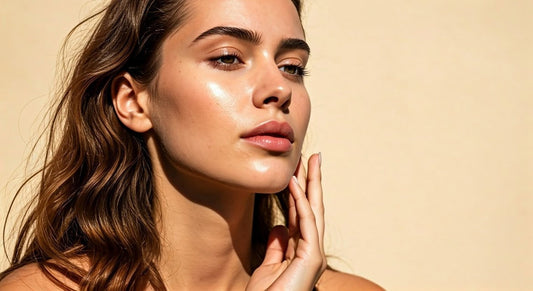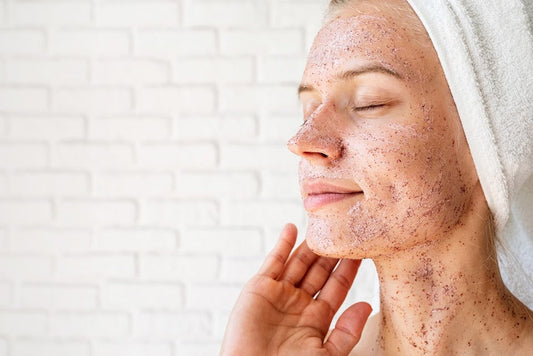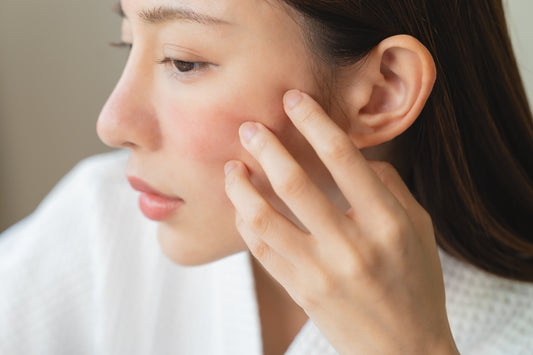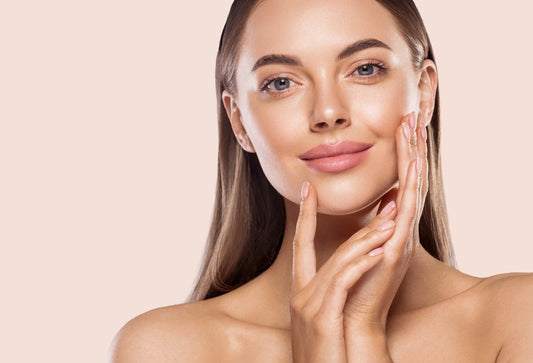By Skin Concern

Fungal Acne: Causes, Symptoms and Effective Treatments
Fungal acne is driven by yeast overgrowth in hair follicles and often looks like small, itchy, uniform bumps on oily or sweaty areas. It requires antifungal treatments and light, non-comedogenic skincare, along with consistent habits, to clear and prevent recurrences.
Fungal Acne: Causes, Symptoms and Effective Treatments
Fungal acne is driven by yeast overgrowth in hair follicles and often looks like small, itchy, uniform bumps on oily or sweaty areas. It requires antifungal treatments and light, non-comedogenic skincare, along with consistent habits, to clear and prevent recurrences.

Acne Marks vs Acne Scars: How to Identify, Treat, and Prevent Them
Acne scars and acne marks can look similar, but they behave very differently. Marks are flat discoloration from hyperpigmentation or redness and often fade with the right routine, while scars change texture and usually need in clinic treatments to remodel collagen. Knowing the difference helps you choose a skincare routine and treatments that actually work.
Acne Marks vs Acne Scars: How to Identify, Treat, and Prevent Them
Acne scars and acne marks can look similar, but they behave very differently. Marks are flat discoloration from hyperpigmentation or redness and often fade with the right routine, while scars change texture and usually need in clinic treatments to remodel collagen. Knowing the difference helps you choose a skincare routine and treatments that actually work.

Skin Cycling Routine: A Step-by-Step Guide to Healthy, Glowing Skin
Skin cycling is a simple routine that alternates exfoliation, retinoid alternatives, and recovery nights to keep skin balanced. Follow the step-by-step order, add a gentle morning routine with SPF 30+, and use our plan to personalize results. It reduces irritation, strengthens the barrier, and fits every skin type.
Skin Cycling Routine: A Step-by-Step Guide to Healthy, Glowing Skin
Skin cycling is a simple routine that alternates exfoliation, retinoid alternatives, and recovery nights to keep skin balanced. Follow the step-by-step order, add a gentle morning routine with SPF 30+, and use our plan to personalize results. It reduces irritation, strengthens the barrier, and fits every skin type.

How to Exfoliate for a Healthy Glow: Complete Guide by Skin Type
Exfoliation lifts dead skin cells to reveal a smoother, brighter glow, but it must match your skin type. The best way to exfoliate your face is to use one gentle method at a time, such as fruit enzymes for sensitive or dry skin and jojoba beads for oily areas, then moisturize and apply SPF. Learn how to properly exfoliate lips and set a safe frequency so your barrier stays healthy.
How to Exfoliate for a Healthy Glow: Complete Guide by Skin Type
Exfoliation lifts dead skin cells to reveal a smoother, brighter glow, but it must match your skin type. The best way to exfoliate your face is to use one gentle method at a time, such as fruit enzymes for sensitive or dry skin and jojoba beads for oily areas, then moisturize and apply SPF. Learn how to properly exfoliate lips and set a safe frequency so your barrier stays healthy.

Itchy Acne: Causes, Relief & When to See a Dermatologist
Acne can feel itchy due to inflammation, histamine release, barrier damage, friction, or even fungal folliculitis. This guide explains why your acne is so itchy, what it means when it is on your jaw, chin, cheeks, or back, and how to stop the itch without worsening breakouts.
Itchy Acne: Causes, Relief & When to See a Dermatologist
Acne can feel itchy due to inflammation, histamine release, barrier damage, friction, or even fungal folliculitis. This guide explains why your acne is so itchy, what it means when it is on your jaw, chin, cheeks, or back, and how to stop the itch without worsening breakouts.

Should You Apply Sunscreen Before Or After Makeup?
Sunscreen always goes on before makeup. This guide explains the exact order, amounts, textures that work under foundation, and smart reapplication strategies so your protection stays strong and your makeup stays smooth.
Should You Apply Sunscreen Before Or After Makeup?
Sunscreen always goes on before makeup. This guide explains the exact order, amounts, textures that work under foundation, and smart reapplication strategies so your protection stays strong and your makeup stays smooth.






